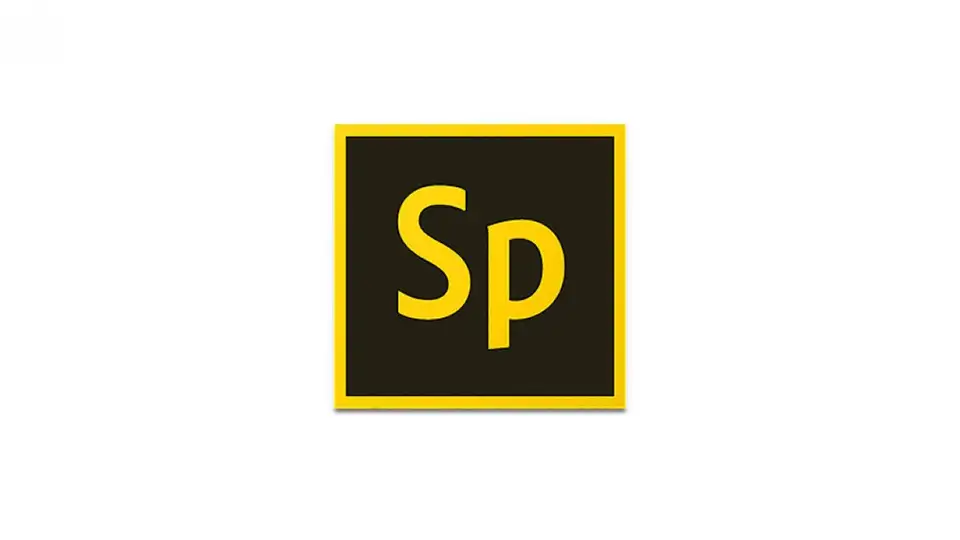You know the feeling?staring at a blank page, not knowing what to write. You have the desire to craft a gripping short story, but you lack inspiration. Fear not, because there are plenty of ways to find the inspiration you need to create engaging short stories.
In this article, we'll explore tips and tricks for finding the inspiration you need to craft compelling short stories that will captivate your readers.
First, look to your own life experiences. You've lived a unique life, with your own experiences and perspectives. Use this to your advantage and draw upon it when crafting your short stories. Whether it's moments that evoked strong emotions, unique jobs or hobbies you've pursued, or relationships that have impacted you, these experiences can provide rich sources of inspiration for your fiction.
Key Points
- Personal experiences can be a source of inspiration for short stories.
- Emotional connections with people, places, and events can help generate ideas.
- Reading short stories by other writers and analyzing their techniques can be helpful.
- Experimenting with different genres and styles, as well as collaborating with other writers, can yield new perspectives and ideas.
Look to Your Own Life Experiences
You've lived a uniquely experienced life, so don't hesitate to draw inspiration from your own adventures! Personal anecdotes make a great starting point for any short story.
Think about moments in your life that had a significant emotional impact on you. These experiences can serve as the foundation for a gripping tale that resonates with readers.
One key to crafting engaging stories from your personal experiences is to focus on the emotional connections you have with people, places, and events in your life. Perhaps it's childhood memories that still bring a smile to your face, or challenging situations you've overcome through sheer determination.
By tapping into these emotions, you can turn ordinary moments into unforgettable stories that resonate with readers. So take the time to reflect on your life experiences and see what stories they have to offer.
Explore Your Imagination
Let your mind wander and see where it takes you; after all, the world is your oyster.
When seeking inspiration for your short stories, exploring your imagination is a good place to start. Mind mapping and brainstorming are two effective techniques that can help you generate ideas.
Mind mapping involves jotting down your main ideas and expanding on them into related concepts. This can help you discover unexpected connections and possibilities.
Brainstorming, on the other hand, involves writing down as many ideas as possible without judgment. This can help you break free from any mental barriers and unleash your creativity.
Visual cues and writing prompts are also great tools for exploring your imagination. Visual cues can range from photos and artwork to nature and architecture.
Conversely, writing prompts can be anything from a single word to a complete sentence. These prompts can help focus your imagination and give you a starting point for your story.
Remember, the key is to let your imagination run wild and see where it takes you. Don't be afraid to take risks and explore new ideas.
Read, Watch, and Listen Widely
You're on a quest to become a better writer, and to do that, you need to read, watch, and listen widely.
Start by reading short stories by other writers. Take note of how they structure their stories, develop characters, and create tension and conflict.
Next, watch short films and TV shows, paying attention to how the visuals narrative storytelling to convey emotion and advance the plot. Take note of pacing, camera angles, and the use of music and sound effects.
Listen to podcasts and audiobooks, which can provide inspiration for new story ideas, as well as offer tips and tricks for improving your writing skills. Engage your imagination and immerse yourself in various genres and styles to broaden your creative horizons.
Read Short Stories by Other Writers
Exploring short stories written by various authors can help trigger your creativity and inspire new ideas for your work. Reading the works of other writers can expose you to narrative structures, writing styles, and different themes, which can help you identify the type of story you want to write.
Analyzing the techniques used by other writers can also be helpful as it allows you to identify what works and what doesn't. When reading short stories, pay attention to the themes the author explores. This can help you identify what themes you want to explore in your own work.
It can also give you ideas on how to approach a particular topic in your writing. By reading widely, you can see what has been done and find ways to apply your own uniqueness. However, remember that while drawing inspiration from other writers is important, your work should still be original and unique.
Watch Short Films and TV Shows
Watching short films and TV shows is a must if you want to boost your creativity and come up with fresh ideas for your writing. These visual media offer a wealth of storylines and characters that can inspire you to dive into your own fictional world.
As you watch, analyze the symbolism used in scenes and how characters develop throughout the story. This can help you understand how to build your own characters and create a compelling plot.
One of the advantages of watching short films and TV shows is that you can do it in a short amount of time. This means you can watch many shows in a day and explore various genres and styles.
As you watch, have a notebook handy to jot down any observations or ideas that come to mind. Pay attention to dialogue, camera angles, and music, as these elements can help you craft a memorable story.
By observing character development and analyzing symbolism, you can find inspiration for your own writing and enhance your creativity.
Listen to Podcasts and Audiobooks
Immerse yourself in the world of storytelling by listening to podcasts and audiobooks. This allows your mind to expand and discover new ideas to incorporate into your writing.
Podcasts are the best way to gain insight into the art of writing and learn from experienced writers. Some podcast recommendations include 'Writing Excuses,' which focuses on the technical aspects of writing, 'The Creative Penn,' which covers the creative and business sides of writing, and 'The Writer's Co-op,' which features interviews with successful writers.
Audiobooks are also a source of inspiration for short stories. Listening to the works of other writers can help you discover new writing styles and techniques.
By listening to podcasts and audiobooks, you can expand your knowledge of the craft and gain inspiration for your own short stories.
Experiment with Various Genres and Styles
You can spice up your writing by trying out different genres and styles that will keep readers engaged and interested. Don't be afraid to experiment with mystery, romance, science fiction, or horror.
By blending various genres, you can create something unique and stand out from the crowd. You can also try mixing genres, combining elements from different genres to create something new. For example, you could blend fantasy with romance or horror with science fiction, and see what kind of story you can come up with.
When experimenting with different genres and styles, it's important to consider the needs of your audience. Make sure your story is engaging and captivating, with a clear storyline and well-developed characters.
You can also collaborate with other writers to get new ideas and perspectives, as well as make the writing process more enjoyable and fun. Remember that writing is a creative process, and it should reflect your unique voice and style.
So don't be afraid to take risks and try new things, and see where your imagination takes you!
Join Writing Communities and Workshops
Joining writing communities and workshops can be a great way to get feedback and improve your skills, as well as a fun way to build networks and socialize with other writers. Being part of a writing community means you have access to a group of people who share the same interest in writing and can provide constructive feedback on your work. You'll receive honest feedback that can help you identify areas for improvement, and you'll also see how other writers approach their work.
One of the greatest benefits of networking and sharing your work with other writers is that it can open up new opportunities. You might meet someone who can introduce you to an editor or publisher, or you might be invited to participate in writing contests.
Additionally, being part of a writing community can help you stay motivated and inspired. It's easy to get discouraged when you're working on a project alone, but having a supportive group of writers around you can help you stay focused and excited.
So don't hesitate to dive in and join a writing community or workshop?you never know where it might take you!
Conclusion
So you've reached the end of this article and hopefully you're inspired and ready to write your next short story.
Remember, finding inspiration is the key, and you can do it by looking to your own life experiences, exploring your imagination, and reading, watching, and listening widely.
Don't be afraid to experiment with different genres and styles, and consider joining a writing community or workshop to receive feedback and support. Because writing is a craft that requires practice and determination.
So go ahead, grab a pen or open your laptop, and let your imagination run wild. Your next great story is waiting to be written.
 Indonesia
Indonesia 









